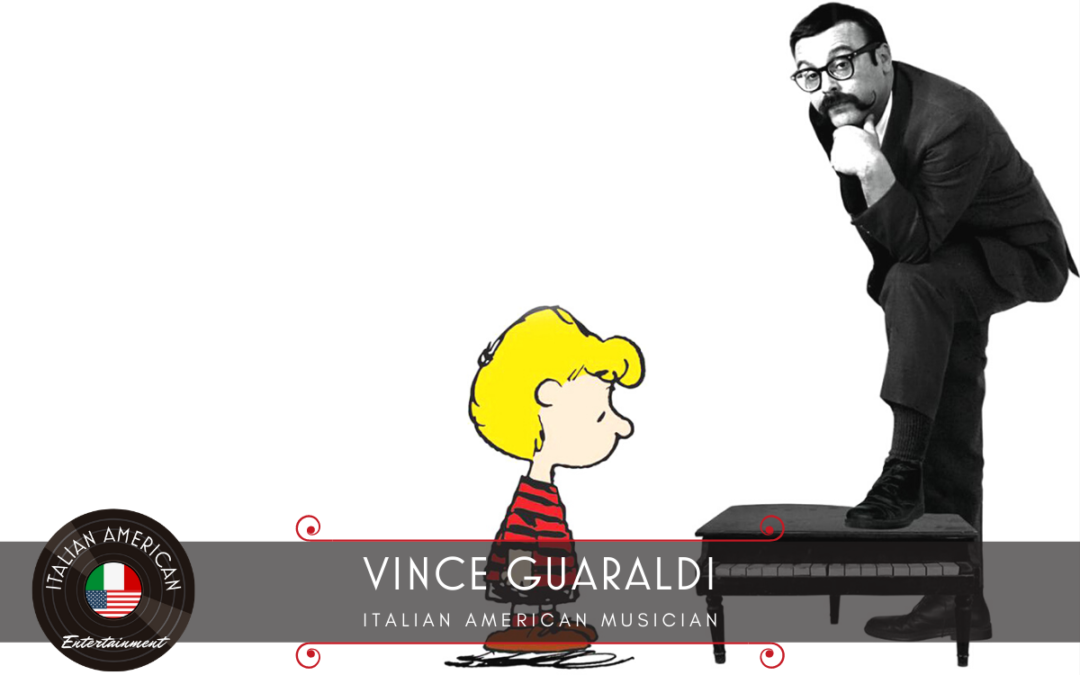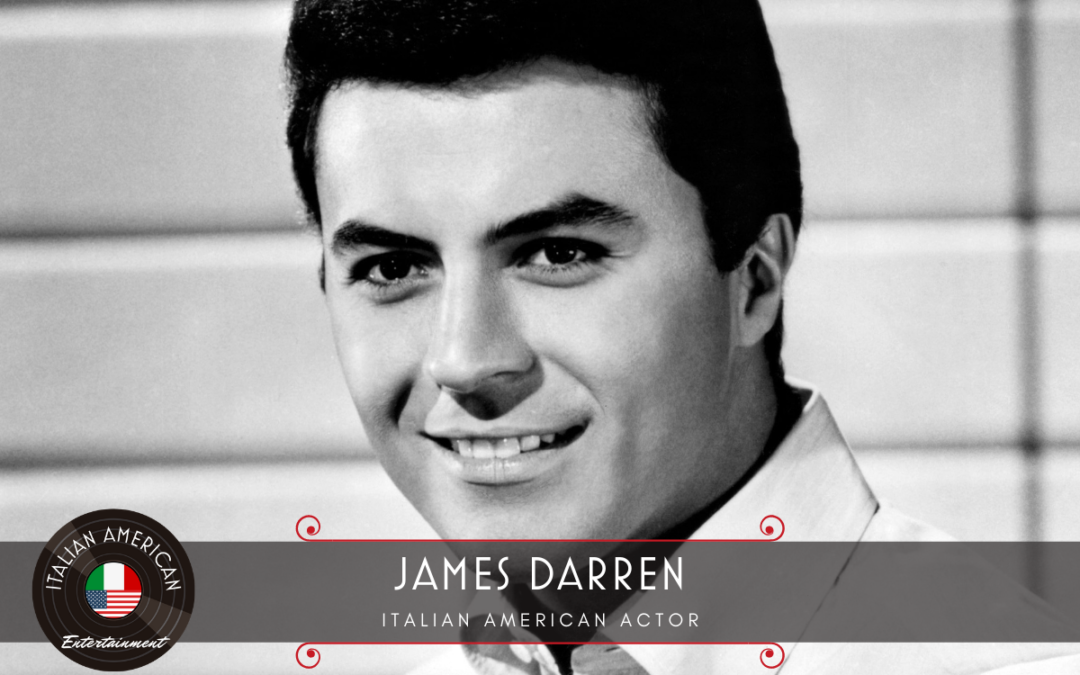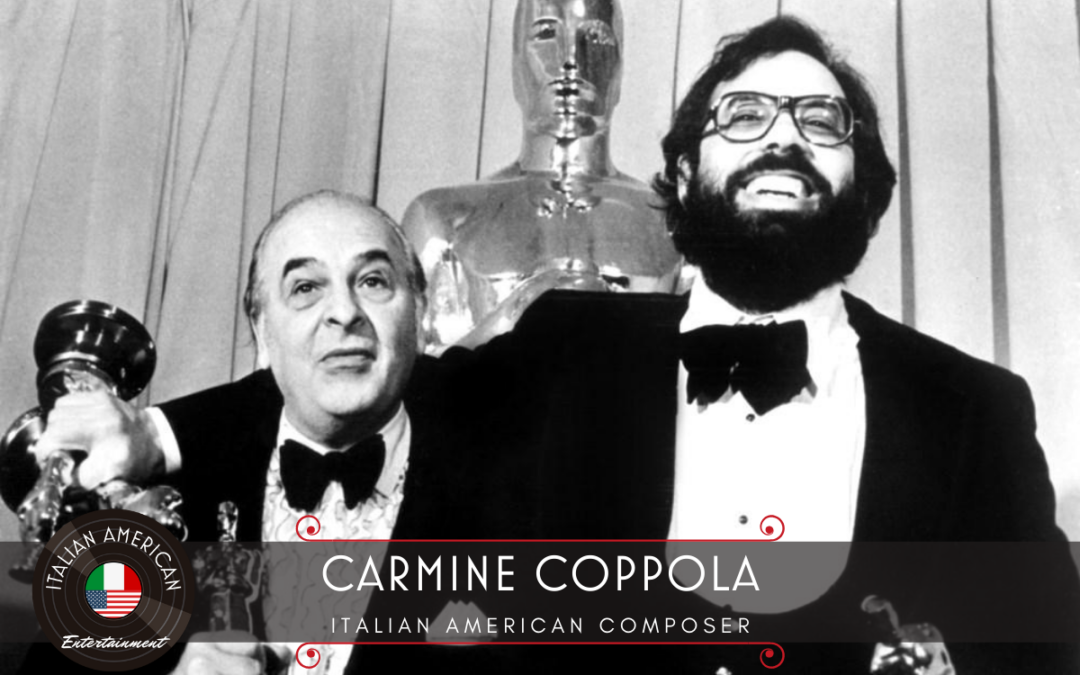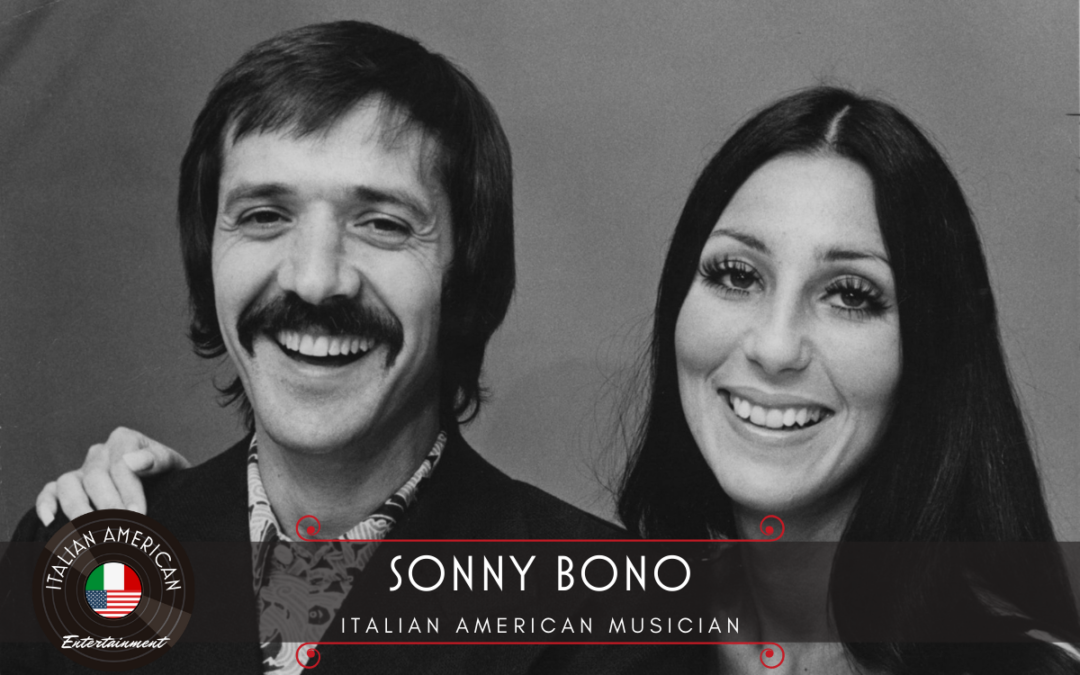
by Vince Chiarelli | Feb 2, 2021 | Musicians
Susan Kay Quatro[ was born and raised in Detroit. Her paternal grandfather was an Italian immigrant to the U.S.. Her family name of “Quattrocchi” (“four eyes”, meaning “bespectacled”) was shortened to Quatro.
She was influenced at the age of six by seeing Elvis Presley perform on television. She has said that she had no direct female role models in music, but was inspired by Billie Holiday and liked the dress sense of Mary Weiss of the Shangri-Las “because she wore tight trousers and a waistcoat on top – she looked hot”.
Quatro received formal training in playing classical piano and percussion. She taught herself how to play the bass and guitar. Her father gave her a 1957 Fender Precision bass guitar in 1964, which she still possessed in 2007.
Quatro played drums or percussion from an early age as part of her father’s jazz band, the Art Quatro Trio. Sources vary regarding whether her playing in the band began at the age of seven or eight, and whether the instrument she played was a drum kit or percussion (bongo or congas). Subsequently, she appeared on local television as a go-go dancer in a pop music series.
In 1964, after seeing a television performance by the Beatles, Quatro’s older sister, Patti, had formed an all-female garage rock band called the Pleasure Seekers with two friends.Quatro joined too and assumed the stage name of Suzi Soul; Patti Quatro was known as Patti Pleasure. Suzi would sing and play bass in the band. The band also later featured another sister, Arlene. Many of their performances were in cabaret, where attention was (initially) focused more on their physical looks than their actual music. They sometimes had to wear miniskirts and hair wigs, which Quatro later considered to be necessary evils in the pursuit of success. However, they would become well-known fixtures in the burgeoning and exploding Detroit music community.
The Pleasure Seekers recorded three singles and released two of these: “Never Thought You’d Leave Me” / “What a Way to Die” (1966) and “Light of Love” / “Good Kind of Hurt” (1968). The second of these was released by Mercury Records, with whom they briefly had a contract before breaking away due to differences of opinion regarding their future direction. They changed their name to Cradle in late 1969, not long after another Quatro sister, Nancy, had joined the band and Arlene had left following the birth of her child.
Quatro moved to England in 1971, after being spotted by the record producer Mickie Most, who had by that time founded his own label, Rak Records. Most had been persuaded to see Cradle by Michael, the brother of the Quatro sisters who had assumed a managerial role for the band. In common with many in the record industry at the time, Most was seeking a female rock singer who could fill the void that the death of Janis Joplin had created. According to the Encyclopedia of Popular Music, his attention to Quatro was drawn by “her comeliness and skills as bass guitarist, singer and chief show-off in Cradle.”
She had also been attracting attention from Elektra Records and subsequently explained that “According to the Elektra president, I could become the new Janis Joplin. Mickie Most offered to take me to England and make me the first Suzi Quatro – I didn’t want to be the new anybody.” Most had no interest in the other band members and he had no idea at that time of how he might market Quatro. She spent a year living in a hotel while being nurtured by Most, developing her skills and maturing. Most later said that the outcome was a reflection of her own personality.
Quatro’s first single, “Rolling Stone”, was successful only in Portugal, where it reached No. 1 on the charts. This was a solo effort, although aided by people such as Duncan Browne, Peter Frampton and Alan White. Subsequently, with the approval of Most, she auditioned for a band to accompany her. It was also after this record that Most introduced her to the songwriting and production team of Nicky Chinn and Mike Chapman, who wrote songs specifically to accord with her image. She agreed with Most’s assessment of her image, saying that his influence, at which some of his artists – such as Jeff Beck and Rod Stewart – balked, did not extend to manufacture and that “If he tried to build me into a Lulu, I wouldn’t have it. I’d say ‘go to hell’ and walk out.” This was the height of the glam rock period of the 1970s and Quatro, who wore leather clothes, portrayed a wild androgynous image while playing music that “hinged mostly on a hard rock chug beneath lyrics in which scansion overruled meaning.”
In 1972, Quatro embarked as a support act on a UK tour with Thin Lizzy and headliners Slade. Rak Records arranged for her to use Thin Lizzy’s newly acquired PA system during this, incurring a charge of £300 per week that enabled the Irish band to effectively purchase it at no cost to themselves. In May 1973, her second single “Can the Can” (1973) – which Philip Auslander describes as having “seemingly nonsensical and virtually unintelligible lyrics”:1 – was a No. 1 hit in parts of Europe and in Australia.
With the exception of Australia, her chart success faltered thereafter, as proven with her 1975 hit “Your Mamma Won’t Like Me”, which proved to be a moderate success in the UK. Further singles “I Bit off More Than I Could Chew” and “I May Be Too Young”, both failed to reach the UK Top 50. Quatro recorded an album in 1976 and released a new single in 1977 called “Tear Me Apart” which reached the UK Top 30, her first hit to have done so in three years. It would take another year for another big hit, this time with a change to a more mellow style giving Quatro a 1978 single “If You Can’t Give Me Love” that became a hit there and in the United Kingdom. Later that year, “Stumblin’ In”, a duet with Chris Norman of the band Smokie, reached No. 4 in the US. Both tracks were featured on the If You Knew Suzi… album. A year later, Quatro released Suzi … and Other Four Letter Words, but none of her other work had much US success. This featured the hits “She’s in Love with You”, which made No. 11 in Britain, “Mama’s Boy” (number 34), and “I’ve Never Been in Love” (number 56).
Quatro is possibly best known in the United States for her role as the bass player Leather Tuscadero on the television show Happy Days. The show’s producer, Garry Marshall, had offered her the role without having an audition after seeing a photograph of her on his daughter’s bedroom wall. Toby Mamis, who was acting as her U.S. representative at that time, helped broker the deal and generate enormous media attention to it, elevating Quatro’s profile in her home country. Leather was the younger sister of Fonzie’s former girlfriend, hot-rod driver Pinky Tuscadero. Leather fronted a rock band joined by principal character Joanie Cunningham. The character returned in other guest roles, including once for a date to a fraternity formal with Ralph Malph. Marshall offered Quatro a Leather Tuscadero spin-off, but she declined the offer, saying she did not want to be typecast.
In 2011, Quatro was inducted to the Michigan Rock and Roll Legends Hall of Fame.
source

by Vince Chiarelli | Dec 2, 2020 | Musicians
On July 17, 1928, Vincent Anthony Dellaglio was born in San Francisco, CA. Vince changed his last name when he was a child to match that of his adoptive father. He attended Lincoln High School and San Francisco State College. During his time in high school and college, he played a variety of gigs including weddings and dances. By the early 1950s, Vince joined jazz musician Cal Tjader’s group and his first recording with the trio was released a year later. Before the end of the decade, he was pursuing his own projects and released his own original recordings.
In 1964, film producer Lee Mendelson heard one of Vince’s singles on the radio. Lee knew the song had the right feel and sound for a project he was working on. He contacted Vince about the project, who agreed immediately. Two weeks later, Vince had written “Linus and Lucy” and finished the soundtrack for A Charlie Brown Christmas shortly after that. During his career, Vince composed the musical score for 18 Peanuts films and television specials.
Vince unexpectedly passed away on February 6, 1976. His music has inspired countless musicians, including Wynton Marsalis, David Benoit and George Winston. Vince’s score from A Charlie Brown Christmas continues to conjure feelings of the holiday for children and adults alike.
Source

by Vince Chiarelli | Nov 9, 2020 | Blog, Film, Musicians, Television
James William Ercolani, known by his stage name James Darren, was born in Philadelphia, on June 8, 1936, of Italian descent. He wanted to be an actor and studied in New York City with Stella Adler for a number of years. Darren was discovered by talent agent and casting director Joyce Selznick after he got some photographs taken by Maurice Seymour to show potential agents: Columbia signed Darren to a long term contract in July 1956. A few weeks later he was filming his first film, Rumble on the Docks (1956), a low budget “B” movie, where Darren played the lead.
Darren guest starred on an episode of TV’s The Web (“Kill and Run”) then Columbia gave him a support role in an “A” picture, the comedy Operation Mad Ball (1957), starring Jack Lemmon. Darren was third billed in the surf film, Gidget (1959), starring Sandra Dee and Cliff Robertson, playing Moondoggie. He also sang the title track. The film was a hit with teen audiences and so was the song. Darren wound up recording a string of pop hits for Colpix Records, the biggest of which was “Goodbye Cruel World” (#3 on the Billboard Hot 100 in 1961). It sold over one million copies, and was awarded a gold disc. Another sizeable hit was “Her Royal Majesty” (#6 on the Billboard Hot 100 in 1962).
Darren was featured in many other films and tv shows throughout the decades.
Source

by Vince Chiarelli | Oct 29, 2020 | Blog, Comedy, Film, Musicians, Television
Antonio Salvatore Iadanza (Tony Danza) was born in 1951 in Brooklyn, New York, to parents Anne Cammisa and Matty Anthony Iadanza. His mother was a bookkeeper and his father worked as a waste collector in Brooklyn. Danza’s father was of Italian ancestry and Danza’s mother was an immigrant from the town of Campobello di Mazara in the Sicilian province of Trapani. Danza attended Malverne Senior High School, graduating in 1968. He earned a bachelor’s degree in history in 1972 from the University of Dubuque, which he attended on a wrestling scholarship.
Danza was a professional boxer with a record of 9–3 (9 knockouts, 7 in the first round), with all but one of his fights, wins and losses, ending in a knockout, including three technical knockouts.
Shortly after his college graduation from the University of Dubuque, Danza was discovered by a producer at a boxing gymnasium in New York. He then earned a spot on the television show Taxi, playing a cab driver and part-time boxer Tony Banta, and later starred on Who’s the Boss?, in which he portrayed a former baseball player, housekeeper, and single father Tony Micelli. For his contribution to the television industry, in 1988, Danza was honored with a star on the Hollywood Walk of Fame. Danza also plays the role of a baseball player in Angels in the Outfield (1994).
Danza also starred in the short-lived sitcoms Hudson Street (1995) and The Tony Danza Show (1997), not to be confused with his 2004–2006 talk show, The Tony Danza Show. He had a role in the TV drama Family Law from 2000 until 2002.
He was nominated for an Emmy Award for a guest-starring 1998 role in the TV series The Practice. His movie debut was in the comedy The Hollywood Knights (1980), which was followed by Going Ape! (1981). He received critical acclaim for his performance in the 1999 Broadway revival of the Eugene O’Neill play The Iceman Cometh. In 2002, Danza released his debut album The House I Live In as a 1950s-style crooner.
He starred on Broadway as Max Bialystock in The Producers, from December 19, 2006, to March 11, 2007, and reprised his role at the Paris Las Vegas from August 13, 2007, to February 9, 2008.
In 2008, Danza and his son Marc published a cookbook, “Don’t Fill Up on the Antipasto: Tony Danza’s Father-Son Cookbook.”
Source: Wiki

by Vince Chiarelli | Oct 21, 2020 | Blog, Musicians
Carmine Valentino Coppola was born in 1910 in New York City. He was the son of Maria Zasa and Agostino Coppola, who came to the United States from Bernalda, Basilicata. His brother was opera conductor and composer Anton Coppola.
Coppola played the flute. He studied at Juilliard, later at the Manhattan School of Music and privately with Joseph Schillinger. During the 1940s, Coppola worked under Arturo Toscanini with the NBC Symphony Orchestra. Then in 1951, Coppola left the Orchestra to pursue his dream of composing music. During that time he mostly worked as an orchestra conductor on Broadway and elsewhere, working with his son, filmmaker Francis Ford Coppola, on additional music for his Finian’s Rainbow.
Carmine contributed to the music performed in the wedding scene in The Godfather (1972). Later, his son called on him to compose additional music for the score of The Godfather Part II (1974), in which he and his father received an in-movie tribute with the characters Agostino and Carmine Coppola, who appear in a deleted scene from the young Vito Corleone flashback segments. Principal score composer Nino Rota and Carmine together won Oscars for Best Score for the film. He also composed most of the score for The Godfather Part III (1990). He made cameo appearances in all three Godfather films as a conductor.
Carmine and Francis together scored Apocalypse Now (1979), for which they won a Golden Globe Award for best original score. He also composed a three-and-a-half-hour score for Francis’ 1981 reconstruction of Abel Gance’s 1927 epic Napoléon. Carmine composed the music for The Black Stallion (1979), on which Francis was executive producer, and four other films directed by his son in the 1980s.
Carmine was the father of August Coppola, Francis Ford Coppola, and Talia Shire, and grandfather of Nicolas Cage, Sofia Coppola, Roman Coppola, Jason Schwartzman and Robert Schwartzman. Coppola died in Northridge, California at the age of 80 in 1991.

by Vince Chiarelli | Oct 14, 2020 | Blog, Film, Musicians, Television
Salvatore Phillip “Sonny” Bono was born in Detroit in 1935, to parents Santo Bono (born in Montelepre, Palermo, Italy) and Zena “Jean” DiMercurio. His mother called him “Sono” as a term of endearment, which evolved over time into “Sonny”. Bono decided early in life to become part of the music business, and began writing songs as a teenager. “Koko Joe”, a song he wrote at age 16, was recorded by Don and Dewey in 1958, and later covered by several other artists including The Righteous Brothers. Bono attended Inglewood High School in California, but did not graduate, opting to drop out so he could begin to pursue a career as a songwriter and performer. He worked at a variety of jobs while trying to break into the music business, including waiter, truck driver, construction laborer, and butcher’s helper.
Bono began his music career as a songwriter at Specialty Records, where his song “Things You Do to Me” was recorded by Sam Cooke, and went on to work for record producer Phil Spector in the early 1960s as a promotion man, percussionist and “gofer”. One of his earliest songwriting efforts, “Needles and Pins” was co-written with Jack Nitzsche, another member of Spector’s production team. Later in the same decade, he achieved commercial success with his wife Cher in the singing duo Sonny and Cher. Bono wrote, arranged and produced a number of hit records including the singles “I Got You Babe” and “The Beat Goes On”, although Cher received more attention as a performer. He played a major part in Cher’s solo recording career, writing and producing singles including “Bang Bang” and “You Better Sit Down Kids”.
Bono co-wrote “She Said Yeah”, covered by The Rolling Stones on their 1965 LP December’s Children. His lone hit single as a solo artist, “Laugh at Me”, was released in 1965 and peaked at No. 10 on the Billboard Hot 100. His solo album, Inner Views, was released in 1967.
Sonny continued to work with Cher through the early and mid-1970s, starring in a popular television variety show, The Sonny and Cher Comedy Hour, which ran on CBS from 1971 to 1974. From 1976 to 1977, the duo, since divorced, returned to perform together on The Sonny and Cher Show. Their last appearance together was on Late Night with David Letterman on November 13, 1987, on which they sang “I Got You Babe”.
Bono was elected to the United States House of Representatives in 1994 to represent California’s 44th congressional district. He was one of twelve co-sponsors of a House bill extending copyright. Although that bill was never voted on in the Senate, a similar Senate bill was passed after his death and named the Sonny Bono Copyright Term Extension Act in his memory. Bono remains the only member of Congress to have scored a number-one pop single on the US Billboard Hot 100 chart.
Bono died on January 5, 1998, of injuries incurred when he hit a tree while skiing at Heavenly Mountain Resort in South Lake Tahoe, California.






